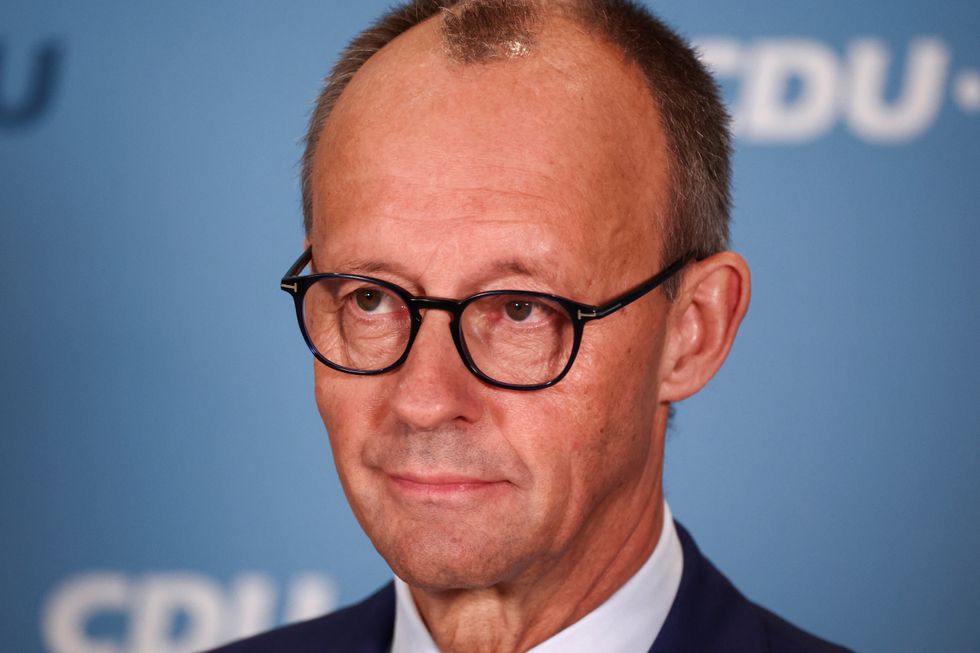Migrants in Germany must adopt country’s ‘cultural values’ and non-European refugees could be ‘turned away at the border’
Immigrants in Germany will be made to adapt to the ‘cultural and historical foundations’ of their new home country and non-European refugees may be turned away from the border following the country’s next election.
The centre-right Christian Democrats Union (CDU) party has focused on the concept of “Leitkultur” as part of its manifesto ahead of elections in February.
“Leitkultur” is the principle that foreigners should adopt German cultural values and not vice versa.
Other key aspects of “Leitkultur” include respect for the equal rights of women, Israel’s right to exist and the rule of democracy.

Alexander Throm, the CDU interior affairs spokesman, told The Telegraph that this concept was the way citizens lived in Germany as a cultural nation.
“It concerns not only our languages and customs, but also our cultural and historical foundations. It ultimately means that people, no matter why they come to Germany, orient themselves towards this cultural basis, not the other way around,” he said.
“Leitkultur” was first made popular 20 years ago by Friedrich Merz, the CDU leader. At the time politicians called it divisive and populist.
Angela Merkel cut the phrase out of party debate and policymaking after she ousted him from the party leadership in 2002.
However, Merz is back at the top of the party and campaigning for this concept.
If CDU wins in February, they will also begin turning away non-European refugees due to their duty to Ukraine.
Germany has accepted 1.2 million Ukrainain refugees, more than any other EU member.
Throm said: “It is clear that we stand by our European neighbours and by refugees. But it’s also clear that, with every further movement of refugees in our direction, we must ensure that they are appropriately distributed in all European countries.”

He added: “It’s also clear that we, due to our special duty to our Ukrainian neighbours, must be even more restrictive when it comes to refugees from all other countries in the world, especially outside Europe.”
Around 1.93 million immigrants came to Germany in 2023, even more than Britain’s 1.2 million in the same year.
It is predicted that the CDU will emerge as the largest party in the upcoming election, with 30 per cent of the vote.
The hard-right party Alternative für Deutschland is set to come second with 20 per cent and the current Chancellor Olaf Scholz’s party Social Democrats is predicted to come third with 15 per cent of the vote.

